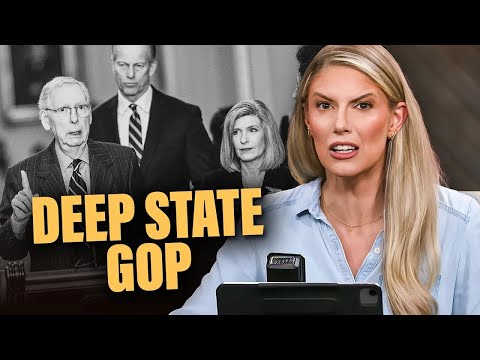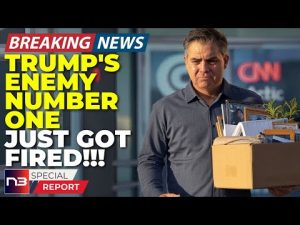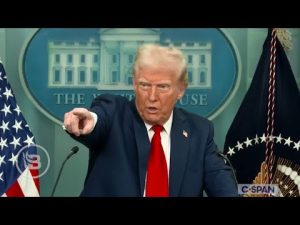**Mitch McConnell’s Silent Battle Against Trump: A Shifting Landscape in the GOP**
Mitch McConnell may no longer hold the title of Senate Majority Leader, but he remains a significant figure in the Republican Party as he wages what seems to be a quiet war against Donald Trump. Despite concerns about his health and the whispers of retirement, McConnell isn’t stepping back; he is stepping up. His recent interviews reveal a conviction that the populist agenda championed by Trump and others poses a severe threat, likening it to the complacency of those who ignored the rise of the Nazis in the 1930s. Such rhetoric from the former leader reflects a growing tension within the GOP, where old guard and new populist factions clash in surprising ways.
Though he may not be in the limelight, McConnell continues to exert influence through various committees. He is at the helm of the influential Rules Committee and will also chair the Defense Appropriations Committee. This quiet power is essential to understanding how McConnell orchestrates his moves behind the scenes. Many Republican Senators, loyal to McConnell, often find themselves following his lead, as seen with decisions made by Senators like James Lankford. It seems the shadows are where McConnell thrives, as he guides his loyalists toward pushing policies that support his vision for the party.
The challenge for McConnell’s control is underscored by the emergence of a new generation of Republican leaders eager to distance themselves from his influence. Figures like Senator Joni Ernst and Senator Mike Lee are at a crossroads, grappling with finding their footing between the old guard and the rising populist wave. As they navigate this treacherous political terrain, they must prove they can be effective leaders who prioritize the party’s core values without falling prey to McConnell’s traditional methods of wielding power.
Meanwhile, the landscape of the Republican Party has transformed, with Donald Trump resurging as a force to be reckoned with. As he celebrates being named Time Magazine’s Person of the Year, Trump’s influence cannot be understated. His supporters view him not as a fading relic but as a symbol of resilience and a voice for many who feel left behind by the establishment. This recognition stands in stark contrast to McConnell’s approach, creating a stark divide among party members about the direction the GOP should take.
In this pivotal moment, it is essential for Republican leaders to reassess how they navigate their relationships with both traditionalists and populists. As McConnell grapples with waning influence, emerging leaders must be strategic. They need to recognize that the political landscape has been reshaped and the days of dismissing the populist movement as a passing trend are over. Instead, they must embrace these changes and adapt, building a coalition that amalgamates the party’s diverse factions.
As the dust settles from ongoing power struggles, the narrative of the Republican Party is evolving. No longer is it a tale of established leaders dictating terms. Now, new voices are rising, ideologies are colliding, and the fight for the future of the GOP is intensifying. Whether or not McConnell can maneuver these changes without losing grip on his power remains to be seen. However, one thing is clear: the once-stable realm of Republican politics is now a vibrant battlefield of ideas, ambitions, and strategies, where every leader must determine their stance in the shifting sands of allegiance and ideology.



